
Every passing year, Ghana appears to wade deeper into a revolving door of corruption scandals and the soundtrack never changes.
Over the weekend, the nation once again tuned into the familiar chorus of morning show discussions on corruption, economic strain and public sector inefficiency. At the centre of the debate was the perennial subject – the misapplication and misuse of public funds as captured in the latest Auditor-General and Accountant-General reports.
For many citizens, this moment is a tired ritual. The Public Accounts Committee (PAC) sits in its televised sessions, ministries, departments and agencies are called to account and shocking revelations emerge about how state funds were handled or mishandled.
The headlines roll, the public fumes and we move on. Then we wait for next year’s performance. Same stage, same script, different cast.
Yes, PAC touts successes. Working with the Auditor-General’s Department, more than GH¢12.9 billion is reported to have been recovered. Yet the 2024 Auditor-General’s report still identifies a staggering GH¢18.4 billion in financial irregularities among public boards and statutory institutions. That is not just a number — it is a painful symbol of stalled development, leaking public trust, and a state routinely robbed of the means to transform lives.
All this while the unemployment rate stands at 14.7%, and Ghana grapples with an infrastructure deficit estimated at $37 billion. Our transportation systems are failing, schools overcrowded, hospitals under-resourced, energy supply inconsistent, and agriculture underperforming. How do we justify billions lost to negligence and greed when the basic needs of citizens remain unmet?
The Auditor-General is constitutionally empowered — under Article 187(7)(b) — to disallow unlawful expenditures and surcharge offending officials. Yet, implementation remains timid and selective.
When surcharges are issued, they are too often contested, delayed or quietly forgotten. The High Court is the next step for those who choose to appeal, but prosecutions remain the exception, not the norm. Meanwhile, impunity grows confident, as accountability limps behind.
What Ghana faces today is not merely corruption, it is the normalisation of corruption. It is a system where recovery announcements are celebrated while systemic reform languishes. Where public outrage is seasonal and political will evaporates after the cameras switch off.
We cannot continue this way. The Chronicle believes that the fight against corruption demands more than hearings, headline recoveries, and hopeful speeches. It requires strict enforcement of surcharges, swift prosecution of offenders, and a cultural shift that makes corruption socially and legally intolerable. Institutions must be shielded from political interference, and public officers must face real consequences — not just public embarrassment, but legal sanction.
Ghanaians are tired — tired of grand reports without grand results, tired of the complacency of those entrusted with power, tired of the feeling that public office is a luxury suite rather than a service duty. Our future cannot remain hostage to recycled corruption.
The nation deserves better. Accountability must move from rhetoric to reality, because if the cycle is not broken, it will break us.
For more news, join The Chronicle Newspaper channel on WhatsApp: https://whatsapp.com/channel/0029VbBSs55E50UqNPvSOm2z
The post Editorial: Is Ghana Trapped In A Cycle Of Recycled Corruption? appeared first on The Ghanaian Chronicle.
Read Full Story
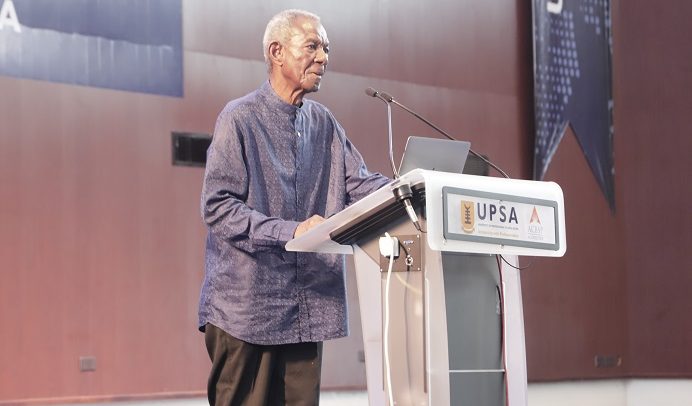

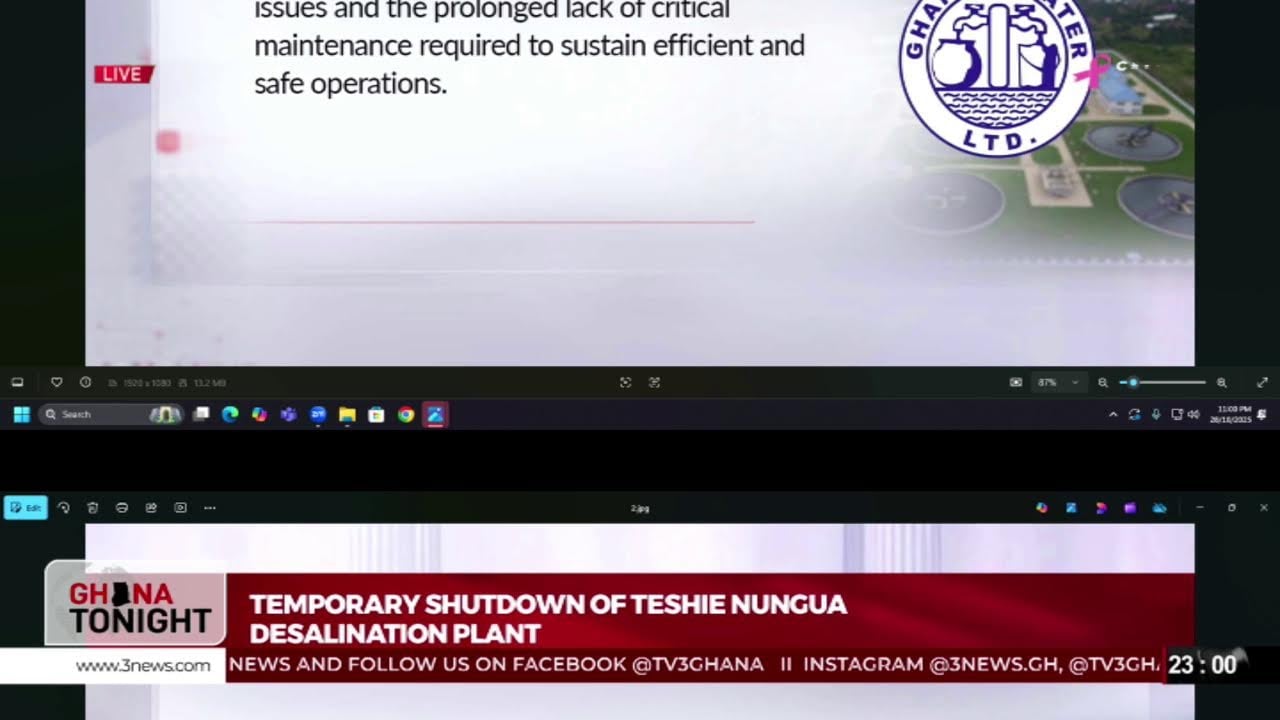

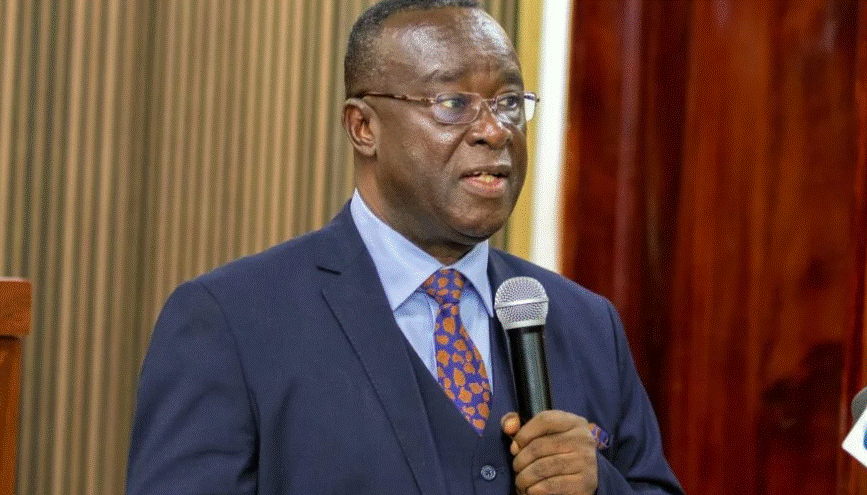

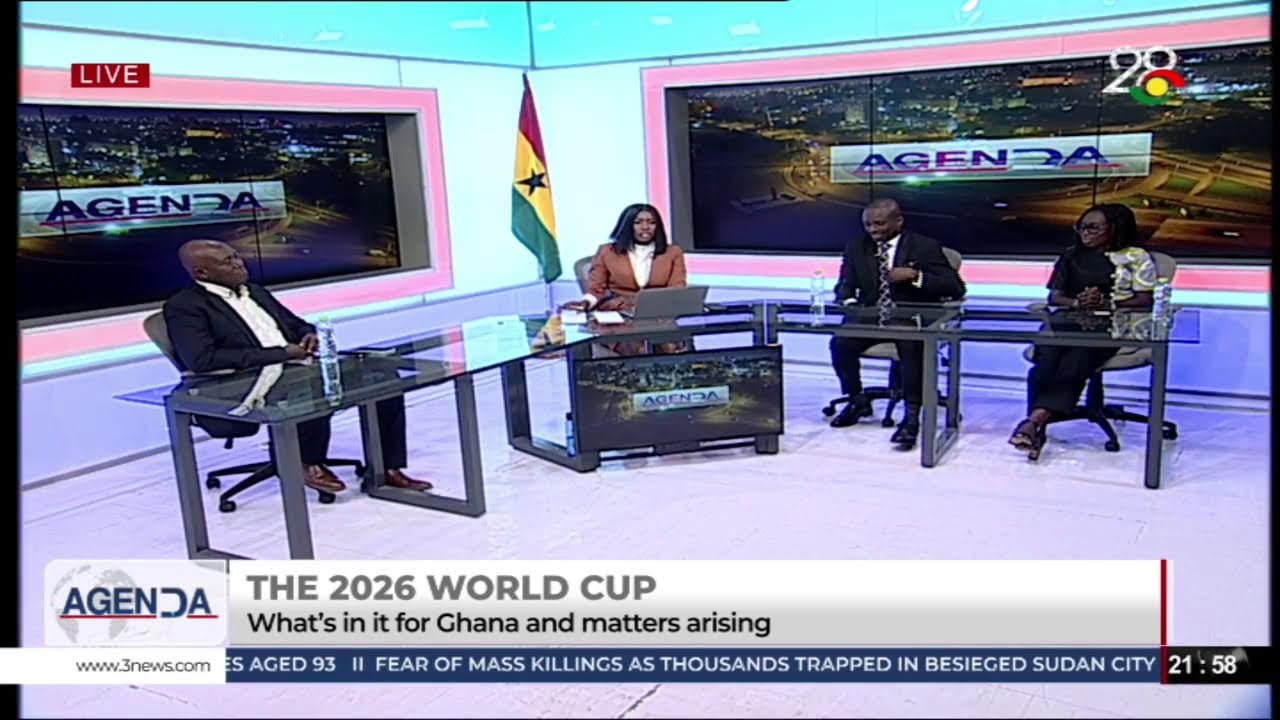

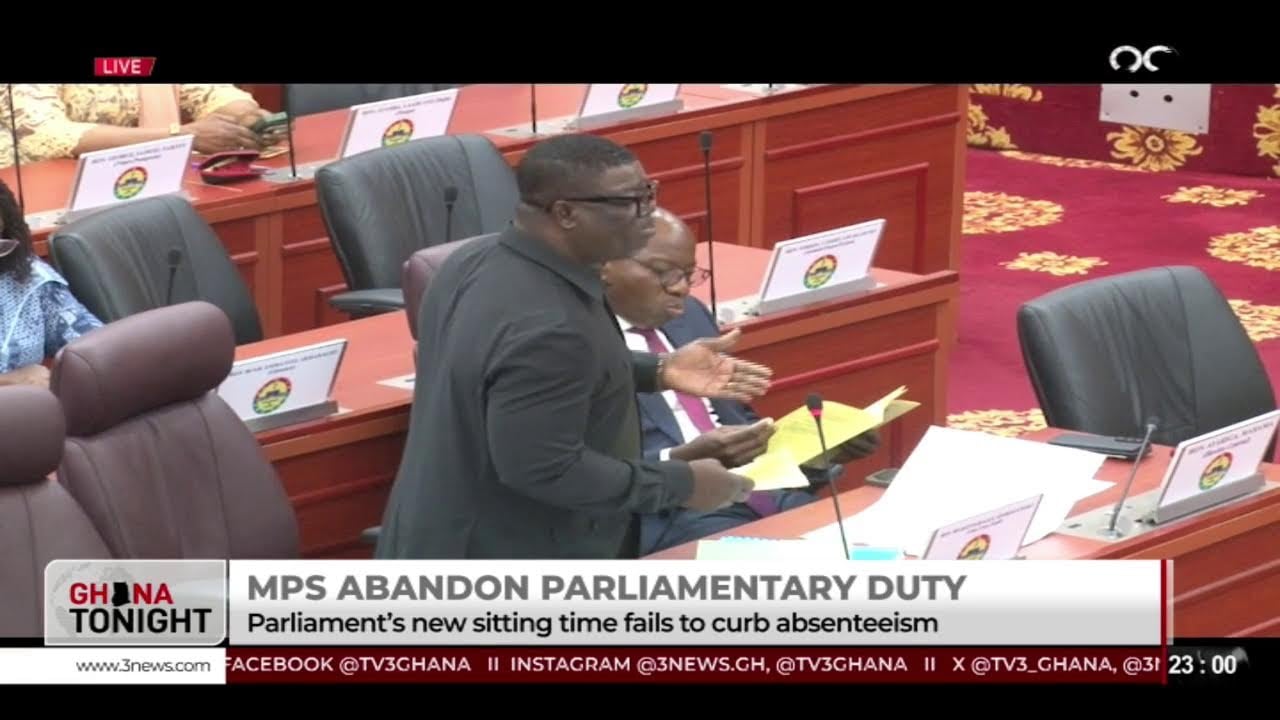
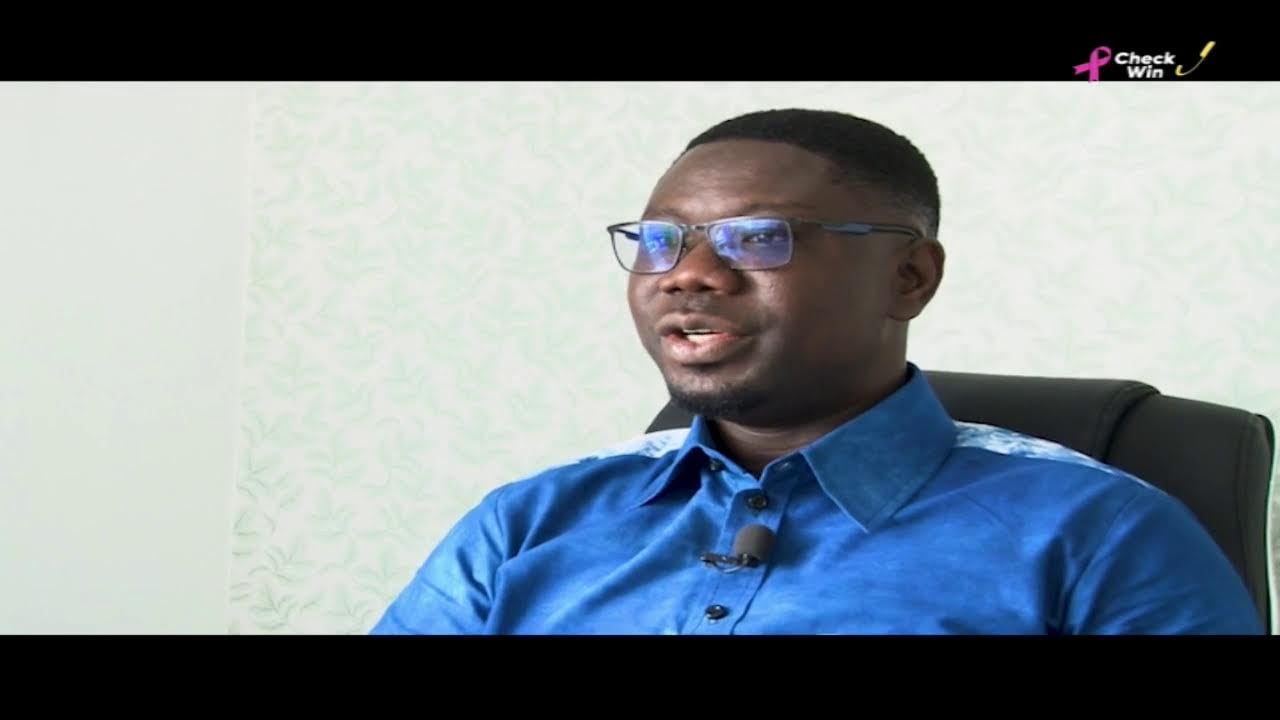







Facebook
Twitter
Pinterest
Instagram
Google+
YouTube
LinkedIn
RSS